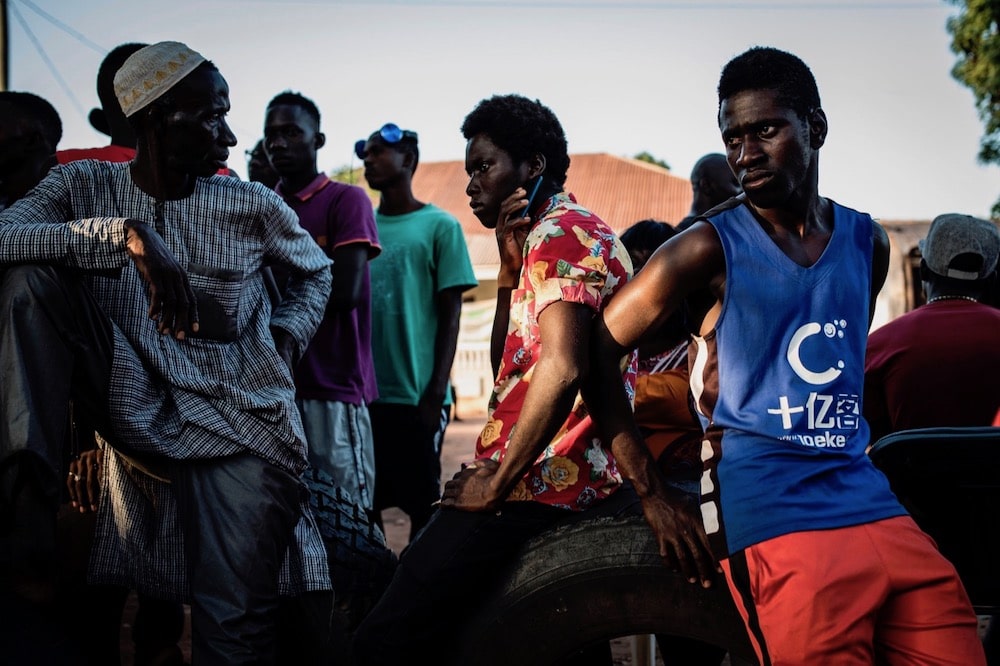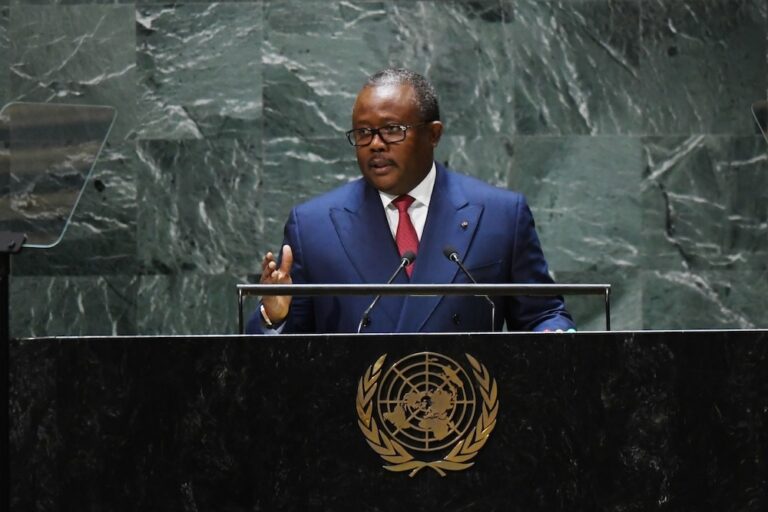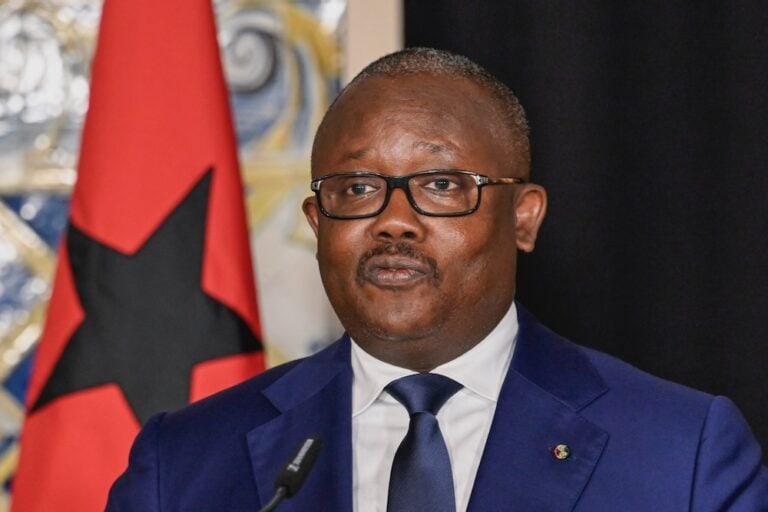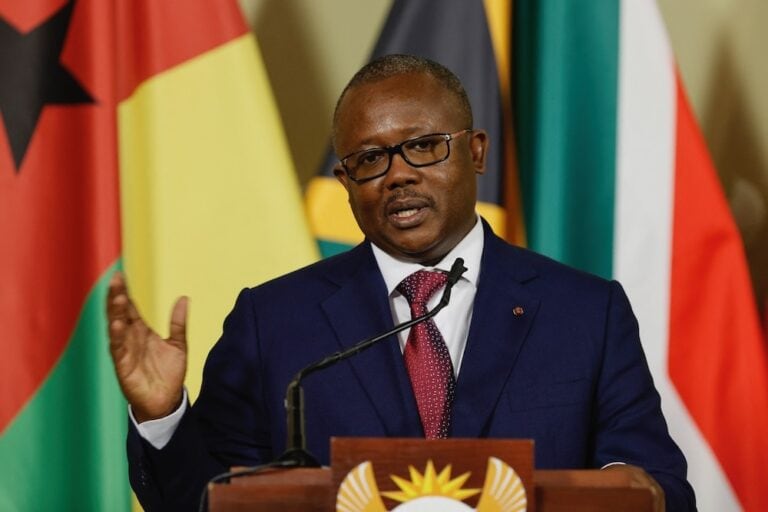Together with their partners in Guinea-Bissau, the Media Foundation for West Africa engaged authorities to consider a negotiated payment plan for the radio stations forcibly taken off air.
This statement was originally published on mfwa.org on 22 April 2022.
The Media Foundation for West Africa (MFWA) and its partners have initiated moves to seek an amicable settlement on the recent impasse between authorities and some radio stations in Guinea Bissau.
The government on April 7, 2022, shut down 79 radio stations. The Ministry of Social Communication announced the shutdown in a press statement which revealed that operators of the radio stations had failed to regularise their broadcast license status in a 72-hour deadline given by the Minister, Fernando Mendonça. The ultimatum by the Minister initially targeted 88 radio stations but nine of them managed to meet the deadline.
On April 13, a delegation from the MFWA, the journalists’ union SINJOTECS, MFWA’s partner in Guinea-Bissau, and the association of community broadcasters RENARC engaged the Secretary-General of the Ministry of Social Communication on the shutdown of the radio stations.
The six-member delegation included Daisy Prempeh, a senior officer of the MFWA who arrived in Guinea-Bissau to coordinate an MFWA-EU project aimed at building the capacity of the media in Guinea-Bissau, as well as Ivanildo Paulo Bodjam, the organisation’s Project Assistant.
The delegation basically requested that the Ministry review its decision to close the affected radio stations and allow for a negotiated payment plan. The team pointed to the precarious finances of radio stations in the country and also expressed concern that a national code enacted to regulate broadcasting activities was yet to be approved to help promote the broadcasting industry.
The delegation
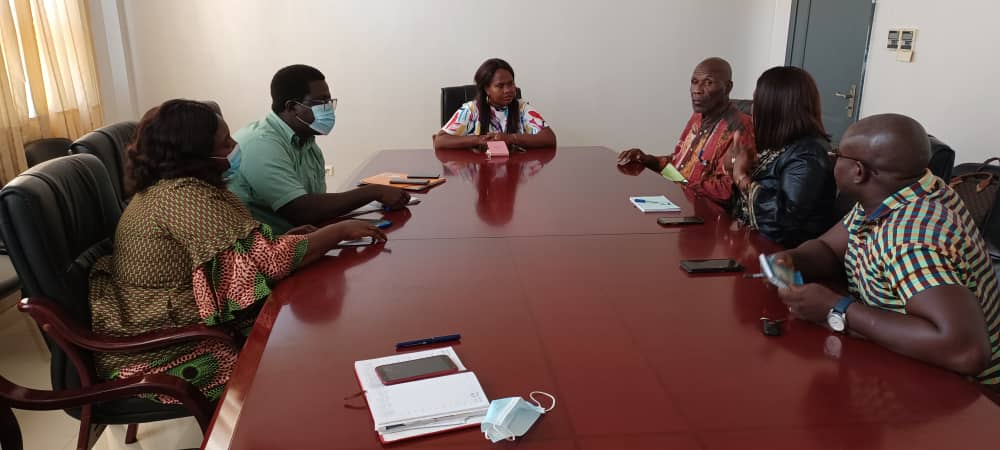
The leader of the delegation, Fátima Tchuma Camara, who is the Vice-President of SINJOTECS, told the MFWA the engagement was friendly and fruitful, although there was no instant progress regarding the demand for the lifting of sanctions against the stations.
The Chief Secretary to the Minister of Social Communication, Germánia Fadul, promised to convey the concerns raised at the meeting to the Minister and assured the delegation of the Ministry’s readiness to dialogue.
While the willingness of the government of Guinea-Bissau to dialogue on the closure of radio stations is commendable, the MFWA remained extremely concerned about the impasse. We urge the government to consider the important role the radio stations have played and continue to play to help deepen democracy in Guinea-Bissau and compromise on the issue.
Meanwhile, on April 12, a day before the MFWA’s engagement with the Authorities, the Ministry of Social Communication issued a decree threatening a three-year jail term for managers and owners of the radio stations.
The Ministry invoked Article 42 of Guinea-Bissau’s Broadcasting Law to issue the dire threat. The provision reads:
“Whoever carries out, without a license, broadcasting activities, or whoever carries out broadcasting that are considered clandestine under the provisions of this law, shall be punished by imprisonment of up to three years or a corresponding fine”.
However, a veteran Bissau Guinean journalist who spoke to the MFWA on the condition of anonymity rejected the threat as untenable. According to him, the law invoked by the government refers to unauthorised and pirate broadcasting, rather than licensed broadcasters whose permits have expired.
